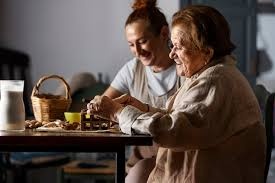Social Event Support - Bring a little joy to older people

TU Dublin Volunteering Programme
Community | Dublin

StudentVolunteer.ie enables students to have the opportunity to: enrich your personal development and employability skills, have a fun experience, meet new people, and give back to your community. Login now.
Login Now